The Federal Aviation Administration (FAA) granted Amazon‘s Prime Air program approval to deliver products containing lithium-ion batteries, such as iPhones and AirPods, marking a significant step for the company’s drone delivery ambitions. The Verge reported that this clearance allows Amazon to ship these items to customers in eligible areas of Arizona and Texas within 60 minutes, streamlining a service that has faced nearly a decade of regulatory and technical hurdles.
READ MORE: WHY AMAZON’S MK30 DRONES CRASHED: SENSOR ISSUES EXPOSED
A Decade of Challenges for Amazon’s Drone Delivery
Amazon’s journey to launch Prime Air has been fraught with obstacles since its announcement in 2013. Regulatory restrictions, including strict FAA rules on drone operations, delayed progress for years. Initial tests were limited to visual line-of-sight operations, severely restricting delivery ranges.
Technical challenges, such as developing drones capable of navigating complex environments and handling diverse payloads, further slowed deployment. The company also faced public skepticism about safety and privacy, alongside logistical issues like ensuring consistent delivery in varied weather conditions.
Despite these setbacks, Amazon has incrementally advanced, with last year’s FAA approval for beyond-visual-line-of-sight (BVLOS) flights and now the green light for lithium-ion battery deliveries.

How the New Delivery Process Works
Amazon’s updated delivery system enhances user convenience. Customers in College Station, Texas, and Phoenix’s West Valley, Arizona, can select a drone delivery zone using an aerial view of their property, which Amazon reuses for future deliveries unless changed. The company provides a precise delivery window with a five-minute buffer, eliminating the need for customers to place a QR code outside, as required previously.
Amazon’s MK30 drones, designed to carry packages up to 5 pounds, drop items from approximately 13 feet (4 meters) above ground. To ensure safety, Amazon advises keeping pets and children indoors during deliveries. The MK30 drones can operate in light rain and fly farther than earlier models, expanding their operational reach.
READ MORE: AMAZON RESUMES DRONE DELIVERIES AFTER TWO-MONTH PAUSE DUE TO SENSOR CONCERNS
Technical and Operational Advancements
The MK30 drone represents a leap in Amazon’s delivery technology. Unlike its predecessors, it supports longer flight distances and improved weather resilience, critical for scaling operations. The FAA’s approval to transport lithium-ion batteries, which pose fire risks due to their chemical composition, underscores confidence in the MK30’s safety features. These include advanced navigation systems and robust payload handling to prevent mishaps during transit. The BVLOS clearance from 2024 further enables Amazon to cover larger areas, reducing reliance on ground-based operators and cutting delivery times.
Industry Trends and Implications
This development signals a maturing drone delivery sector, with Amazon leading among competitors like UPS and Wing. The ability to deliver high-demand electronics rapidly could reshape e-commerce expectations, offering economic benefits through faster fulfillment and reduced reliance on traditional delivery trucks, which contribute to carbon emissions.
However, regulatory scrutiny remains intense, with the FAA balancing innovation against safety and airspace management concerns. Scaling drone deliveries beyond current test markets will require further infrastructure, including more automated fulfillment centers and broader FAA approvals. For drone professionals and enthusiasts, Amazon’s progress highlights the growing viability of commercial unmanned aerial systems, potentially spurring investments in Drone Technology and training.
Looking Ahead
Amazon’s FAA approval to deliver products with lithium-ion batteries marks a pivotal step for Prime Air, yet scaling the service remains complex. Expanding beyond College Station, Texas, and Phoenix’s West Valley, Arizona, will demand broader regulatory approvals, enhanced infrastructure like automated fulfillment centers, and solutions for public concerns over noise and privacy.
The company must also ensure consistent safety across diverse environments. For drone professionals and enthusiasts, Amazon’s advancements signal growing commercial potential for unmanned aerial systems, likely driving further innovation and investment in the sector. As Amazon refines its operations, the industry anticipates how this service will reshape e-commerce delivery.
Photos courtesy of Amazon.
Discover more from DroneXL.co
Subscribe to get the latest posts sent to your email.
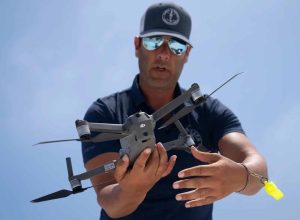




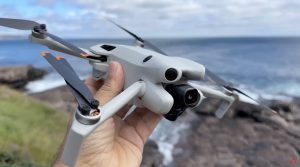
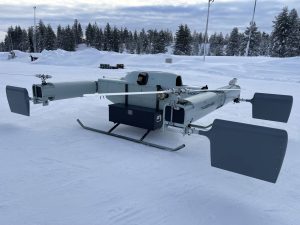
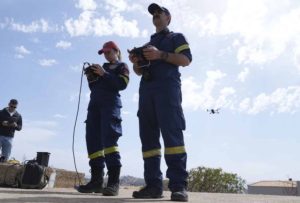

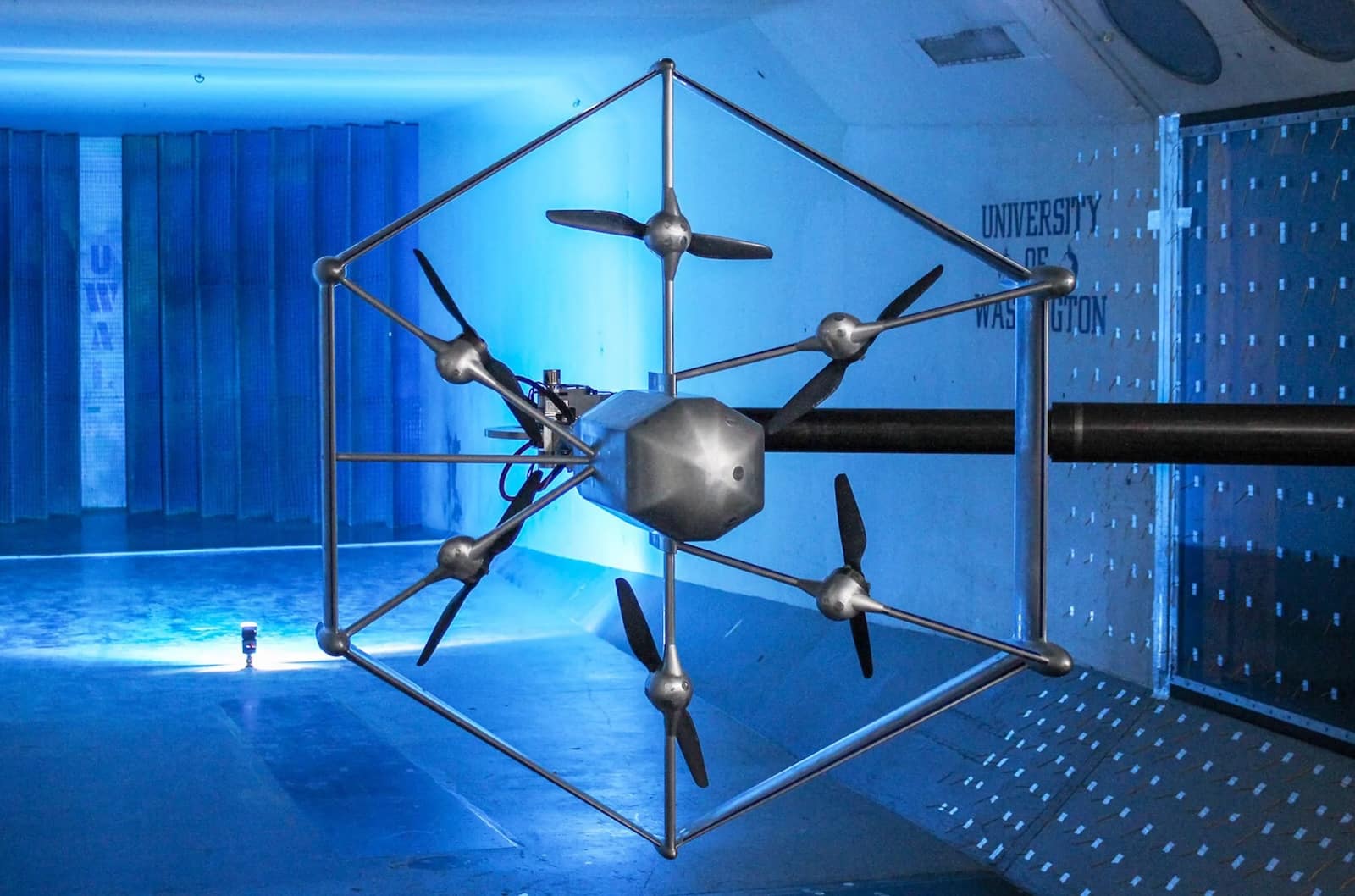
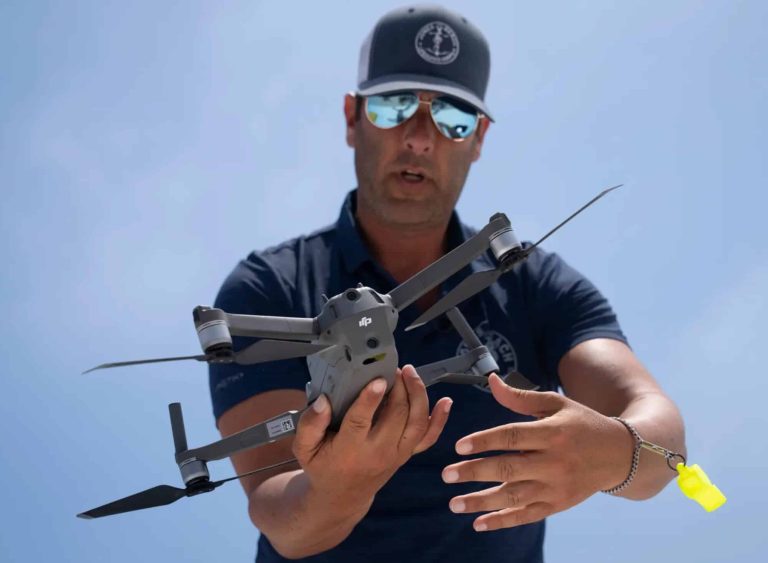

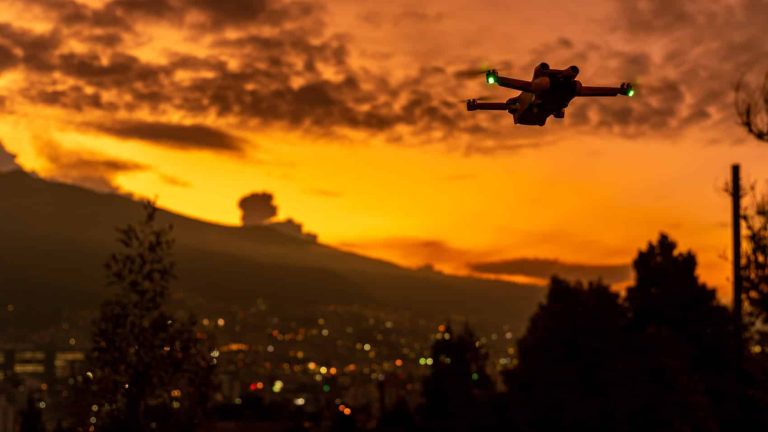
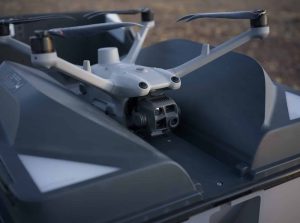

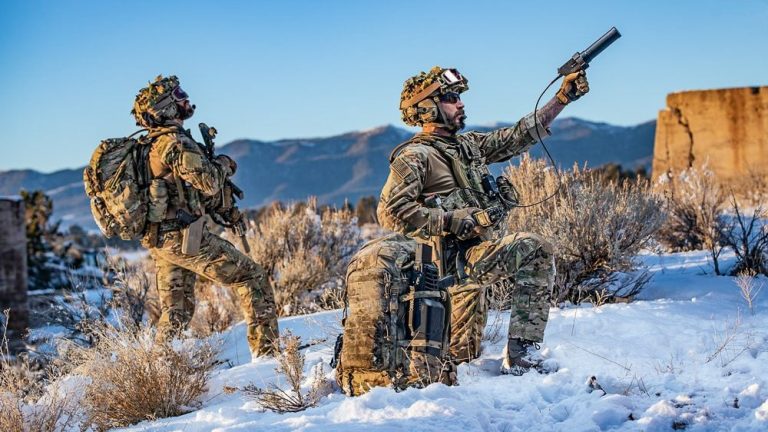
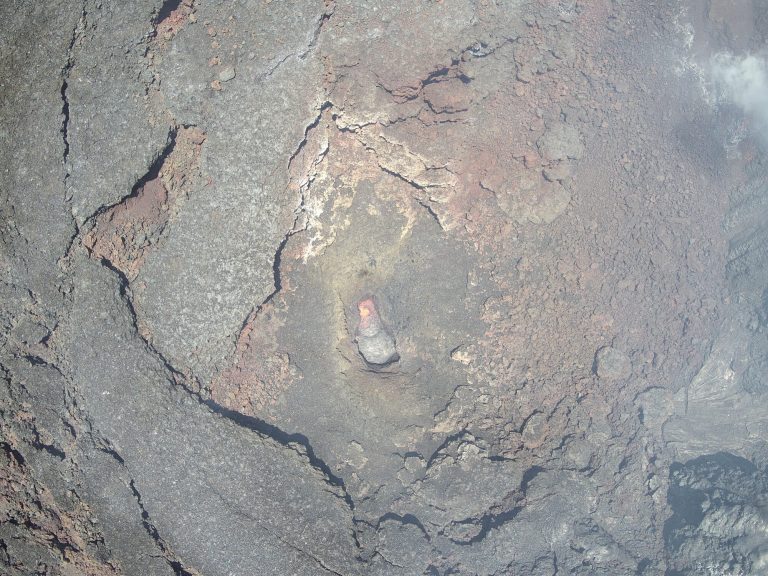
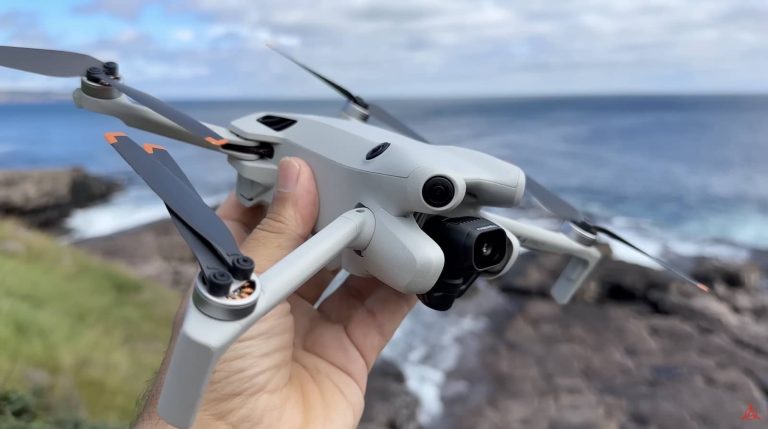
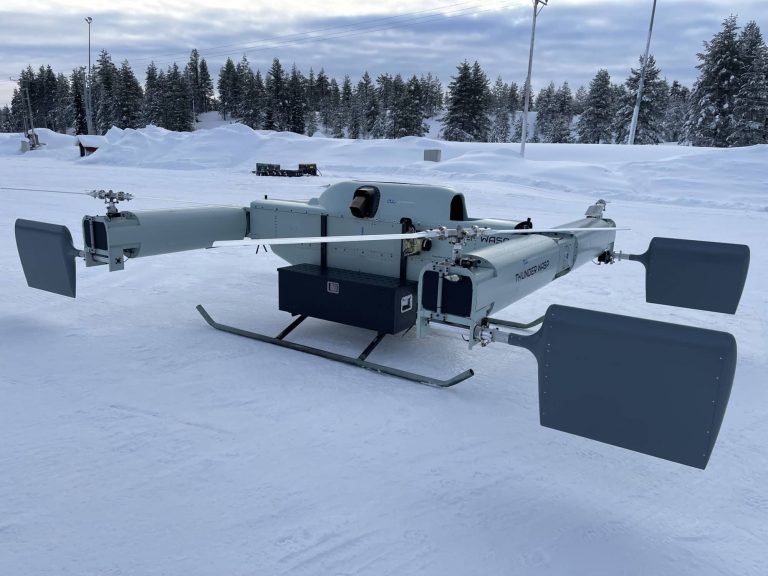
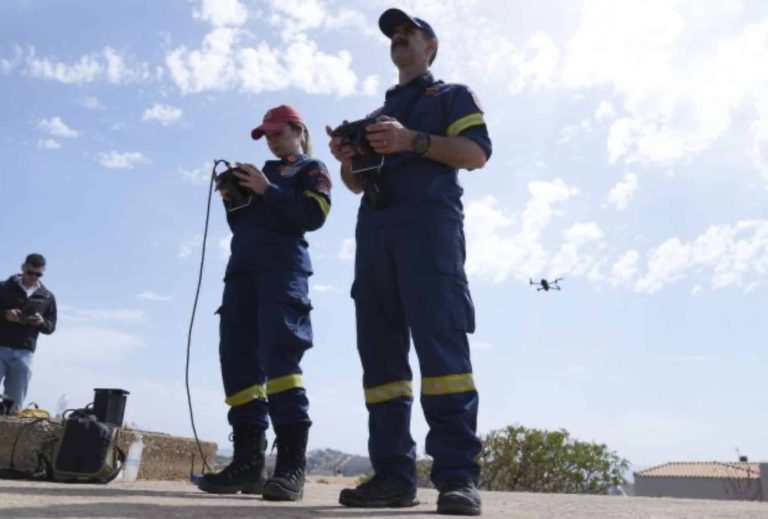
+ There are no comments
Add yours